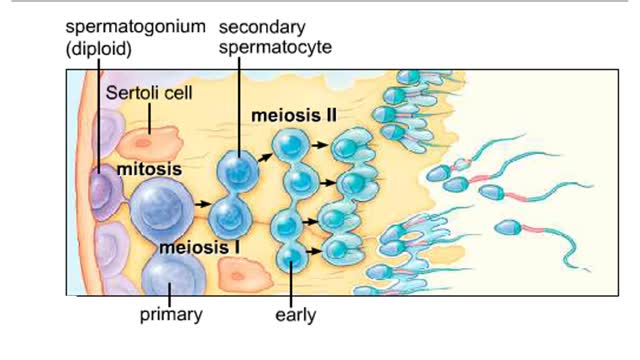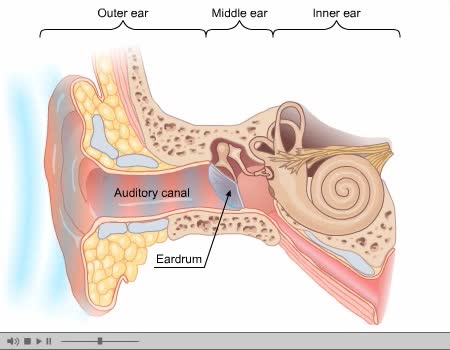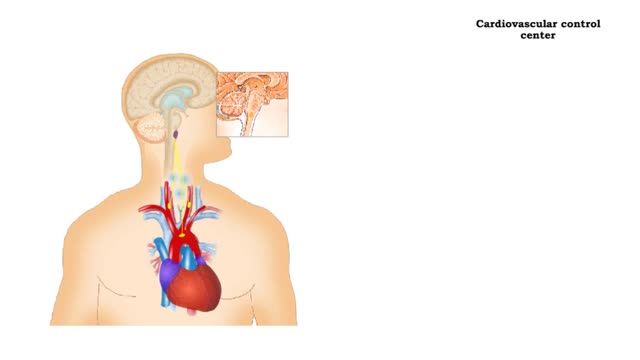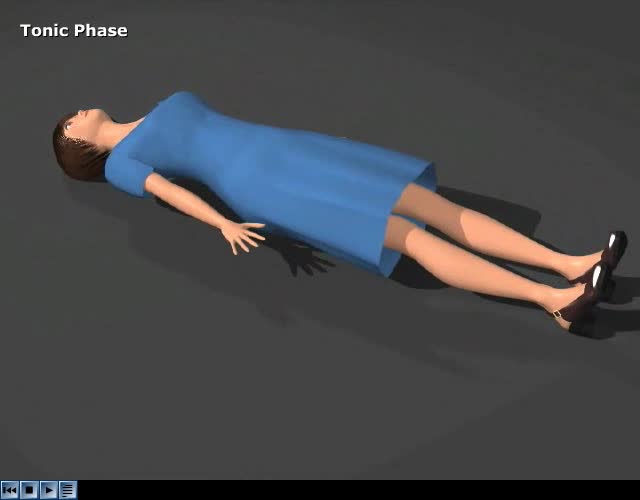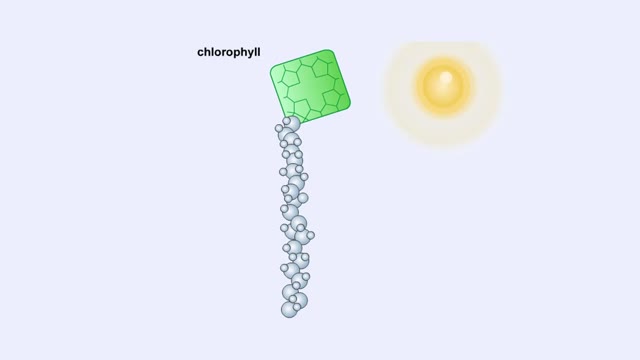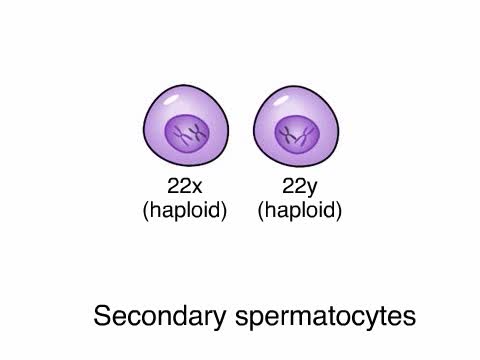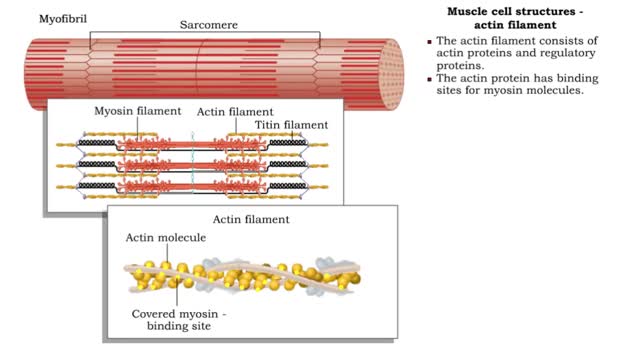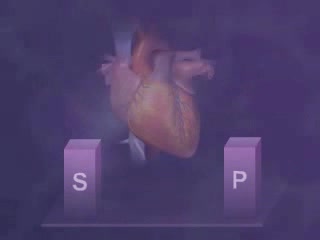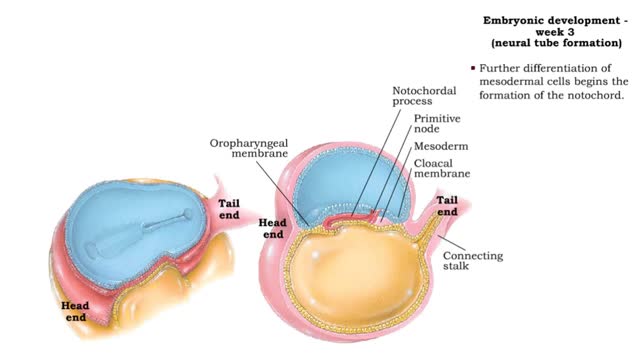Search Results
Results for: 'head'
By: HWC, Views: 9760
Spermatogenesis takes place inside the seminiferous tubules. Diploid spermatogonia located near the outer edge of the tubule divide mitotically to form primary spermatocytes. The first meiotic division produces secondary spermatocytes with a haploid number of duplicated chromosomes. T...
By: Administrator, Views: 14679
The ear is the organ of hearing and, in mammals, balance. In mammals, the ear is usually described as having three parts—the outer ear, the middle ear and the inner ear. The outer ear consists of the pinna and the ear canal. Since the outer ear is the only visible portion of the ear in most ani...
Negative Feedback Regulation of Blood Pressure
By: HWC, Views: 11586
stimulus • Blood pressure determines the flow of blood to and from capillaries. • Low blood pressure results in reduced blood flow. • High blood pressure can cause blood vessels to break. Baroreceptors • The aortic arch carries blood to the body. • The common carotids ca...
By: Administrator, Views: 14678
Status epilepticus (SE) is a single epileptic seizure lasting more than five minutes or two or more seizures within a five-minute period without the person returning to normal between them. Previous definitions used a 30-minute time limit. The seizures can be of the tonic–clonic type, with a re...
Electromagnetic Spectrum, Chlorophyll and Pigment & Light
By: HWC, Views: 11382
The sun gives off radiation that is called the electromagnetic spectrum. This is energy that travels as wavelengths and includes radio waves, X-rays and ultraviolet light. A portion of this radiation is known as visible light, and is the type of radiation that plants use to manufacture sugars. ...
By: Administrator, Views: 670
A man’s reproductive system is specifically designed to produce, store, and transport sperm. Unlike the female genitalia, the male reproductive organs are on both the interior and the exterior of the pelvic cavity. They include: the testes (testicles) the duct system: epididymis and vas def...
Muscle cell structures - actin, myosin and titin filaments
By: HWC, Views: 11888
Once the muscle cell has been excited it will contract. • A muscle action potential will trigger the release Of Ca2+ ions into the sarcoplasm. • The Ca2+ ions bind to the regulatory proteins and trigger contraction. • Within skeletal muscle cells are structures that provide the ability...
Autonomic Nervous System Animation
By: Administrator, Views: 14929
Parasympathetic Division Works to conserve energy and innervate the digestive system. When activated, it: stimulates the salivary and digestive glands. decreases the metabolic rate. slows the heart rate. reduces blood pressure. promotes the passage of material through the intestines along...
Embryonic development - Week 3
By: HWC, Views: 11677
Week 3 (gastrulation) • Three primary germ layers are formed which provide cells for organ formation in the following months. • These germ cell layers are formed by a process known as gastrulation, which involves rearranging epiblast cells. • As cells from the epiblast migrate, a fain...
Advertisement



